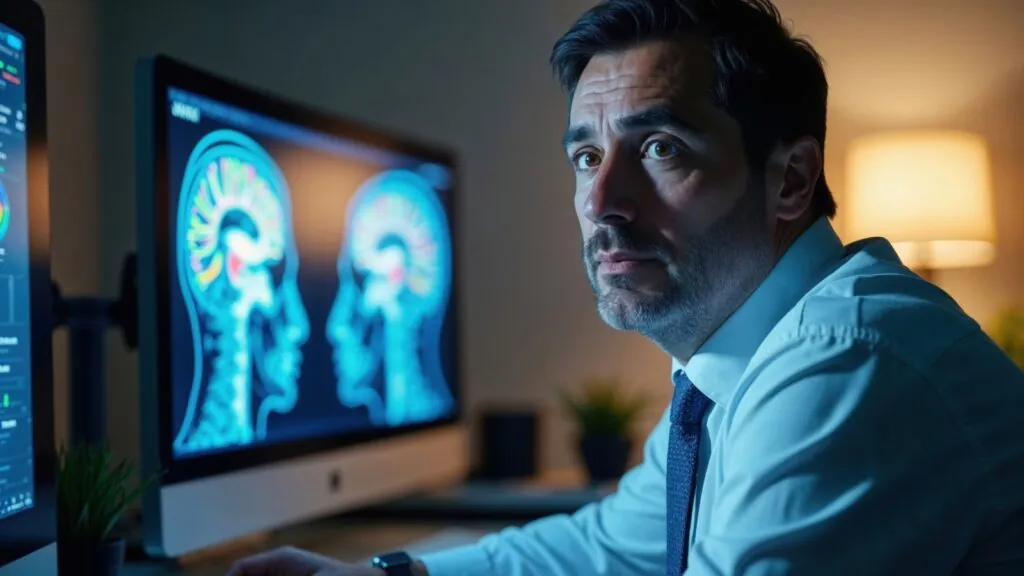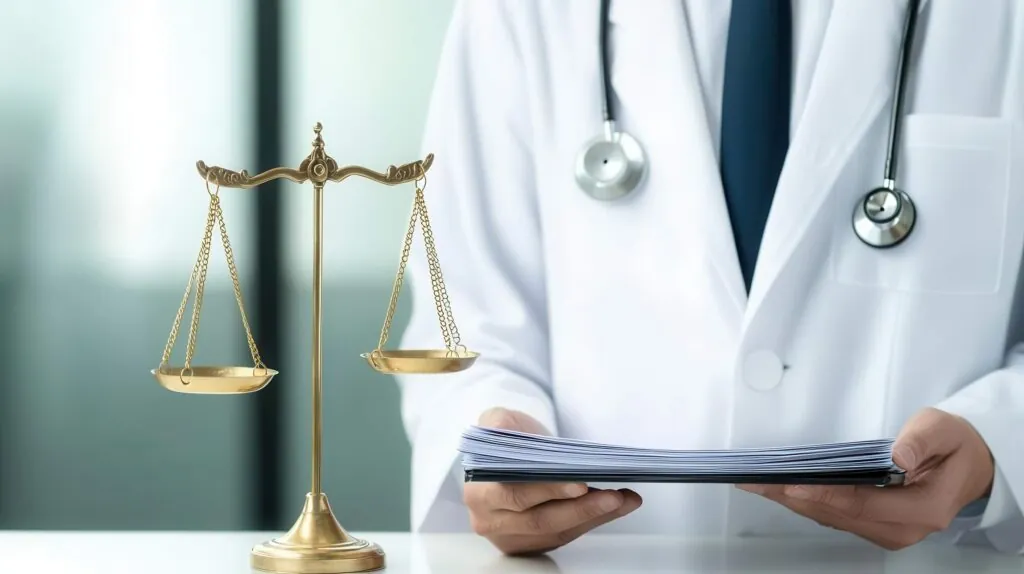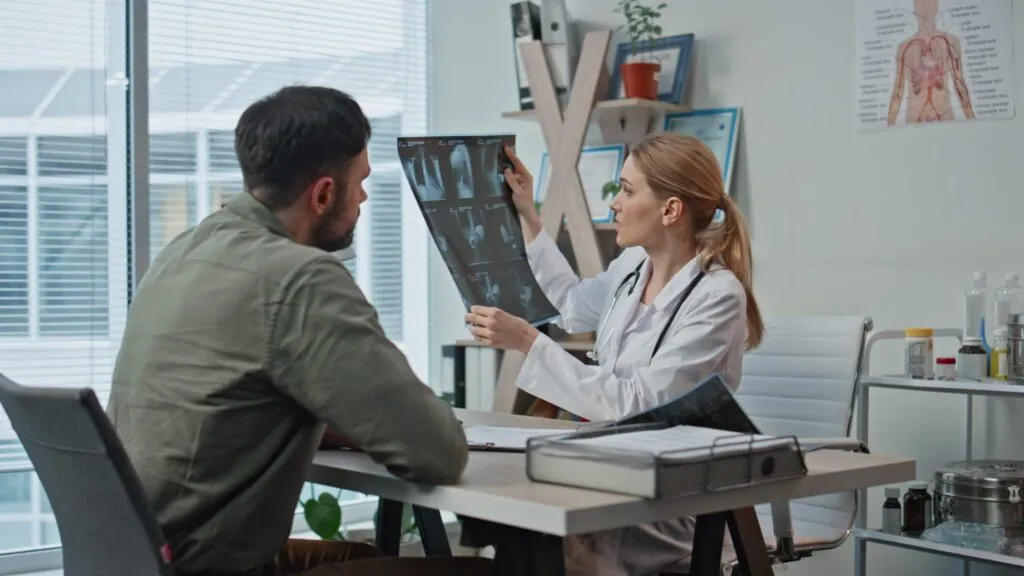Medical malpractice cases are some of the most legally complex disputes due to their reliance on expert testimony. In Pennsylvania, plaintiffs must present a qualified medical expert witness to establish that a healthcare provider deviated from the standard of care, ultimately causing harm. Without this crucial testimony, proving negligence and securing compensation can be significantly more difficult.
This article provides a comprehensive overview of the role of expert witnesses in malpractice litigation, the qualifications required for expert testimony, and how courts evaluate such testimony. If you are pursuing a medical malpractice claim or defending against one, understanding these key elements is essential.
Understanding Pennsylvania’s Medical Malpractice Laws
What Is Medical Malpractice?
Medical malpractice occurs when a healthcare professional provides treatment that falls below the accepted medical standard of care, resulting in injury or death.
To succeed in a malpractice lawsuit in Pennsylvania, a plaintiff must establish four key elements:
- Doctor-Patient Relationship – The plaintiff must show that the healthcare provider had a duty to treat them.
- Violation of the Standard of Care – The doctor’s actions must have deviated from what a competent provider in the same field would have done.
- Causation – The plaintiff must prove that the provider’s negligence directly caused their injury.
- Damages – The injury must have led to measurable harm, such as medical expenses, lost wages, or pain and suffering.
Without proving each of these elements, a malpractice lawsuit is unlikely to succeed.
Pennsylvania’s Certificate of Merit Requirement
Before a plaintiff can formally file a medical malpractice lawsuit, Pennsylvania law requires a certificate of merit.
A certificate of merit is a document signed by a qualified medical professional who has reviewed the case and believes there is a reasonable basis to conclude that malpractice occurred. This requirement ensures that frivolous cases are filtered out before reaching trial.
Who Qualifies as a Medical Expert Witness?
Expert Witness Qualifications in Pennsylvania
Not every doctor can serve as an expert witness in a malpractice case. Under Pennsylvania law, an expert must:
- Be a licensed healthcare provider
- Have active clinical experience in the relevant medical specialty
- Be board-certified in the specific medical field
- Demonstrate substantial knowledge of standard practices
For example, if a case involves surgical errors, the expert must have experience as a practicing surgeon in that specialty.
Types of Medical Expert Witnesses
Different types of experts are called upon depending on the case, including:
- General Practitioners & Specialists – Testify about standard medical practices.
- Surgeons & Procedural Experts – Explain errors in surgical procedures.
- Radiologists & Imaging Experts – Analyze misdiagnosed scans or tests.
- Pharmacologists – Evaluate medication errors.
- Forensic Pathologists – Determine causes of wrongful death.
Selecting the right expert is critical to building a strong case.
How Expert Testimony Impacts Malpractice Verdicts
Why Is Expert Testimony Important?
Expert testimony is essential because medical malpractice cases involve complex medical issues that jurors and judges may not understand. Courts rely on expert witnesses to:
- Explain medical terminology and procedures
- Determine if a doctor’s actions deviated from accepted standards
- Establish a direct link between negligence and the harm suffered
Real-Life Example: Winning a Case with Expert Testimony
A patient undergoes heart surgery, but a misplaced stent causes severe complications. The defense argues that the complication was unavoidable, while the plaintiff’s expert testifies that a competent surgeon would have detected the issue earlier.
Because the expert provided clear, factual evidence, the court ruled in favor of the plaintiff, resulting in substantial compensation.
Expert Witness Admissibility Rules in Pennsylvania
Pennsylvania’s Frye Standard
Pennsylvania follows the Frye Standard for expert testimony. This means that an expert’s opinion must be based on widely accepted scientific principles.
If an expert relies on unproven or controversial methods, their testimony may be excluded from trial.
Reasons an Expert Witness May Be Disqualified
A court may disqualify an expert witness if:
- They lack relevant experience in the specific medical field.
- They use unreliable scientific methods that do not align with accepted medical practices.
- They are biased (e.g., they always testify for one side).
If an expert witness is disqualified, the plaintiff’s case may be weakened or even dismissed unless another qualified expert is found.
Can a Malpractice Case Be Dismissed Without Expert Testimony?
When Expert Testimony Is Required
In most cases, a Pennsylvania medical malpractice claim cannot proceed without expert testimony.
Exceptions to the Rule
However, there are rare exceptions where expert testimony is not required:
- When negligence is obvious (e.g., a surgeon leaves a sponge inside a patient).
- When the defendant admits liability before trial.
- When the case involves non-technical legal issues, such as failure to obtain patient consent.
Without an expert, most malpractice cases will not survive in court.
How to Choose the Right Medical Expert Witness
What Makes a Strong Expert Witness?
A qualified expert witness can make or break a case. When choosing an expert, consider the following:
- Experience in legal testimony – Has the expert testified before?
- Relevance to the case – Does their expertise match the medical issue?
- Communication skills – Can they explain complex issues clearly?
- Credibility – Have they ever been disqualified in court?
An expert with a history of being disqualified could damage the plaintiff’s case.
Common Problems with Expert Testimony in Malpractice Cases
Why Some Experts Hurt a Case
Even when expert witnesses are presented, problems can arise that weaken a case:
- The expert lacks proper credentials, allowing the defense to question their credibility.
- Conflicting expert testimonies confuse the jury, making it harder for them to decide.
- The expert appears biased, leading the court to disregard their testimony.
- The expert’s opinion does not align with medical consensus, resulting in exclusion.
Ensuring that an expert meets Pennsylvania’s legal standards is critical to a strong malpractice case.
Frequently Asked Questions About Expert Testimony in Pennsylvania Malpractice Cases
Do I always need an expert witness to prove medical negligence?
In most Pennsylvania medical malpractice cases, an expert witness is required to establish the standard of care and demonstrate how the healthcare provider deviated from it. Without an expert, it is often impossible to prove that medical negligence occurred. However, there are limited exceptions where expert testimony may not be necessary, such as cases involving obvious negligence that a layperson can easily understand, like a surgeon leaving a foreign object inside a patient after surgery.
What happens if my expert witness is disqualified?
If an expert witness is disqualified, the plaintiff may need to find another expert to testify on their behalf. A case may be significantly weakened or even dismissed if a new expert cannot be secured in time. Disqualification can occur for various reasons, including lack of experience in the specific medical field at issue, the use of unreliable scientific methods, or a history of bias in favor of plaintiffs or defendants.
How does expert testimony affect malpractice settlements?
Expert testimony plays a significant role in determining settlement amounts in medical malpractice cases. A strong expert witness can provide clear, well-supported evidence that a healthcare provider acted negligently, increasing the likelihood that the defendant or their insurance company will offer a fair settlement. On the other hand, if an expert’s testimony is weak or unconvincing, the defense may refuse to settle, leading to a prolonged legal battle.
Can I win a malpractice case without an expert witness?
Winning a medical malpractice case without an expert witness is highly unlikely. The burden of proof in these cases typically requires demonstrating that a healthcare provider’s actions fell below the accepted standard of care. Without expert testimony, it is difficult to establish what the standard of care was and how it was breached. Only in rare instances, such as cases involving obvious surgical errors, might a plaintiff be able to prevail without expert testimony.
How do Pennsylvania courts evaluate expert testimony?
Pennsylvania courts assess expert testimony based on the Frye Standard, which requires that the expert’s methodology and conclusions be based on widely accepted scientific principles. The court will evaluate the expert’s qualifications, the reliability of their methods, and whether their testimony aligns with established medical standards. If an expert’s opinion is based on unproven or controversial techniques, it may be excluded from the trial.
Contact Purchase, George & Murphey, P.C. Today
Expert testimony is a decisive factor in Pennsylvania medical malpractice litigation. Plaintiffs must carefully select credible, qualified medical professionals to meet legal standards, strengthen their case, and secure a favorable verdict.
Medical malpractice lawsuits require legal expertise and qualified medical testimony. If you need assistance, contact Purchase, George & Murphey, P.C. today for a free consultation.














